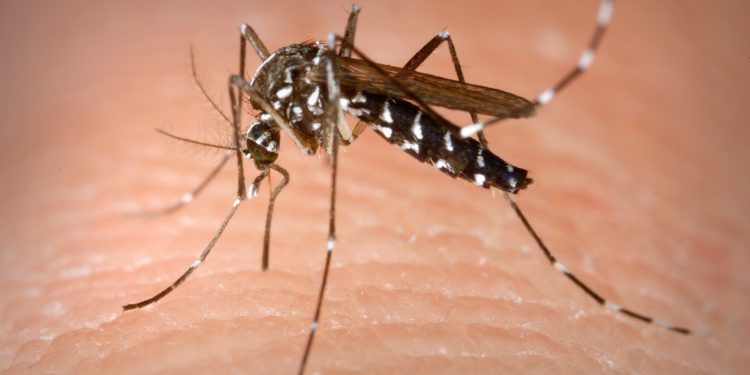HOLLAND – The Dutch government has allocated €9m for a five year research project into the way infectious diseases are spread by mosquitos and other insects. Climate change and globalisation make it increasingly likely that diseases will be passed on by mosquitos in the Netherlands, and some tropical illnesses are slowly becoming more common in parts of Europe, the education ministry’s scientific research agency NWO says.
The Netherlands, in particular, with its high population density and water-rich landscape is vulnerable to outbreaks. The project, lead by researchers at Erasmus University’s teaching hospital, will focus on climate, water management, farming techniques and the risks attached to international trade. For example, the Asian tiger mosquito (Aedes albopictus) is a native of south east Asia but has been spotted several times in the Netherlands.
It is thought to spread via bamboo plant imports and on car tyres. ‘The ultimate goal is to be able to predict the conditions which could lead us to expect an outbreak,’ Erasmus MC chief virologist Marion Koopmans told broadcaster NOS.
Research into the spread of insect-born diseases currently focuses on actual outbreaks. While climate change has an important role, population growth, international travel and international trade are also having an impact on the spread of disease, she said. Popular holiday destinations such as Italy, France and Greece have had to deal with minor outbreaks of tropical diseases, as have the Dutch Caribbean islands.


















